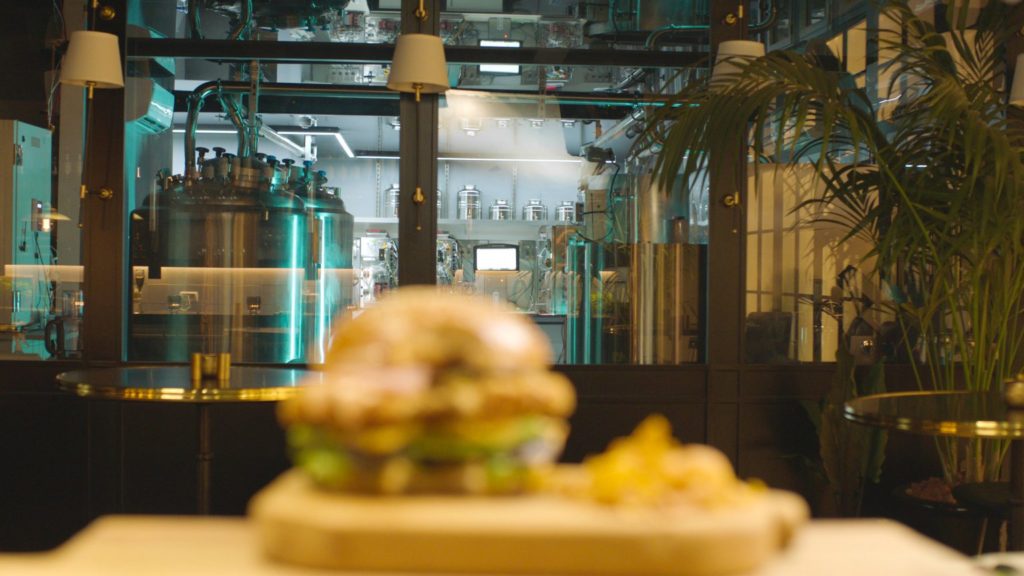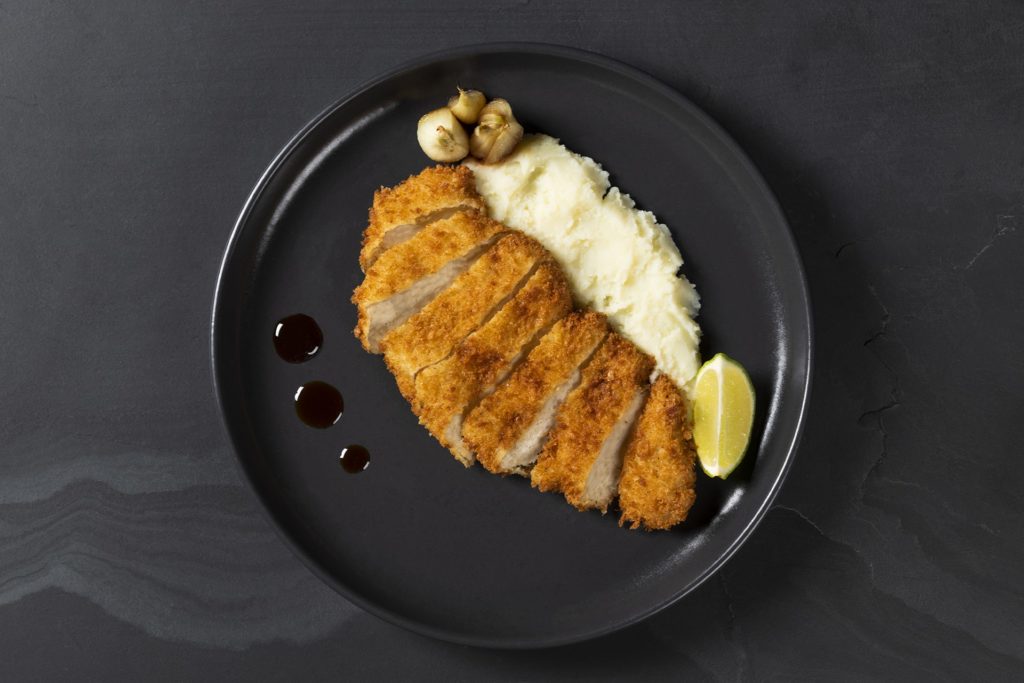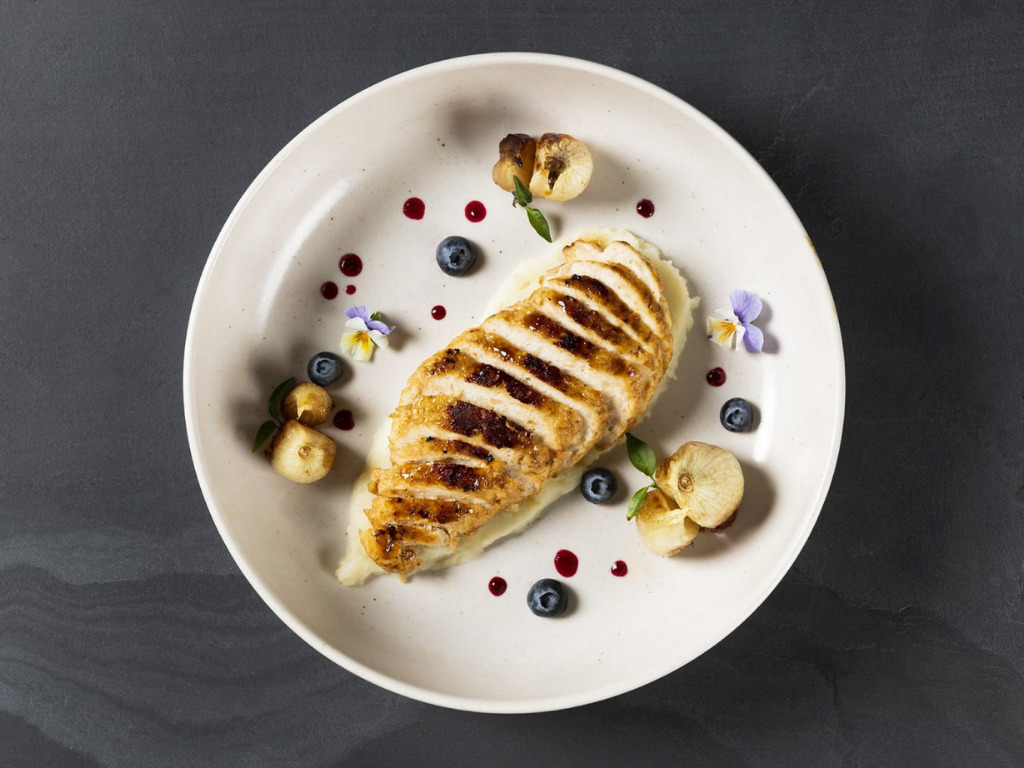PHW Confirms SuperMeat Partnership To Introduce Cultivated Poultry To European Market
4 Mins Read
Germany’s PHW group, one of the largest poultry producers in Europe, has confirmed the signing of a Memorandum of Understanding (MoU) with Israel-based SuperMeat. It formalises a joint goal of bringing cultivated poultry products to European consumers. Chicken, duck and turkey have been specifically cited for future manufacture.
The two food producers will combine their expertise and leverage resources to become one of the first outfits to prototype, finalise and distribute cultivated poultry on a commercial scale. Driving down costs and the scaling of manufacturing will be the largest operational hurdles to overcome, which is where SuperMeat will take the lead. PHW and SuperMeat aim to create products that taste, feel and offer comparable nutrition to conventional meat but without necessitating the death of any animals.

Doubling down on vested interests
PHW has historically sought to align with sustainable practices. It is listed in the 50 Sustainability & Climate Leaders, a feat unheard of for meat producers. As such, it has invested heavily in the alternative protein sector, most pertinently, backing SuperMeat in its last round. Despite being front runners in the production of conventional poultry, PHW remains open to new developments and commercially aware of how shifting consumer demands might impact inflexible meat producers.
“PHW Group envisions a future diet, which is going to be sustainable and balanced. That’s why we are highly committed to the field of alternative proteins,” Peter Wesjohann, chairman of the board of PHW Group said in a statement. “Within this segment, SuperMeat is a key element of our protein platform strategy and an outstanding partner in the food tech sector. Cooperating with SuperMeat to jointly establish cultivated meat in the European market will also support the EU Green Deal initiative. We look forward to commencing this journey with SuperMeat in Europe.”

Perfecting cultivated poultry
SuperMeat appears to be a natural fit for PHW, as it has enjoyed recent success with cultivated chicken prototypes. The company’s production facility doubles a consumer-facing restaurant, collectively called The Chicken. Diners are able to see through to the manufacturing area, from their tables. In January this year, Michal Ansky experienced the production-to-fork facility first-hand when she was invited to taste test SuperMeat’s cultivated chicken. In a blind tasting, the renowned MasterChef judge was unable to successfully identify which dish contained the cultivated option.
Earlier this month, SuperMeat revealed a new strategic partnership with Japan’s Ajinomoto. The latter offers extensive R&D capabilities and advanced scaling solutions, both of which could allow SuperMeat to develop commercially viable cultivated products within two years. Naturally, this will impact the agreement with PHW and necessitate a proactive approach to garnering regulatory approval within Europe. In the meantime, the MoU between the two represents a step forward in SuperMeat’s goal to be a B2B supplier that can integrate with existing food systems.
“We are honored to grow our partnership with PHW, a company that repeatedly demonstrates its commitment to more sustainable, great-tasting, safe food products,” Ido Savir, CEO of Supermeat said in a statement. “At SuperMeat, we are always seeking brands that align with our own personal values and mission. The agreement with PHW will support our goal of building and scaling a sustainable, localized and efficient meat manufacturing value chain by integrating with the existing operations of today’s leading food companies.”
Israel’s industry leading position
Given the scale of PHW’s operation, it could have feasibly taken its pick of cultivated meat companies to partner with. However, it is not surprising that it looked to Israel, given the staggering growth that the country’s alt-protein sector has witnessed in the last year. It was reported, earlier this month, that the industry saw a 450 percent increase in investments in 2021, compared to 2020. Cultivated meat took $507 million of a total $623 million invested. The Good Food Institute Israel predicted, as part of its report, that large-scale partnerships will affect 2022 investment figures. PHW and SuperMeat joining forces could be representative of what is to come.
All photos by SuperMeat.




